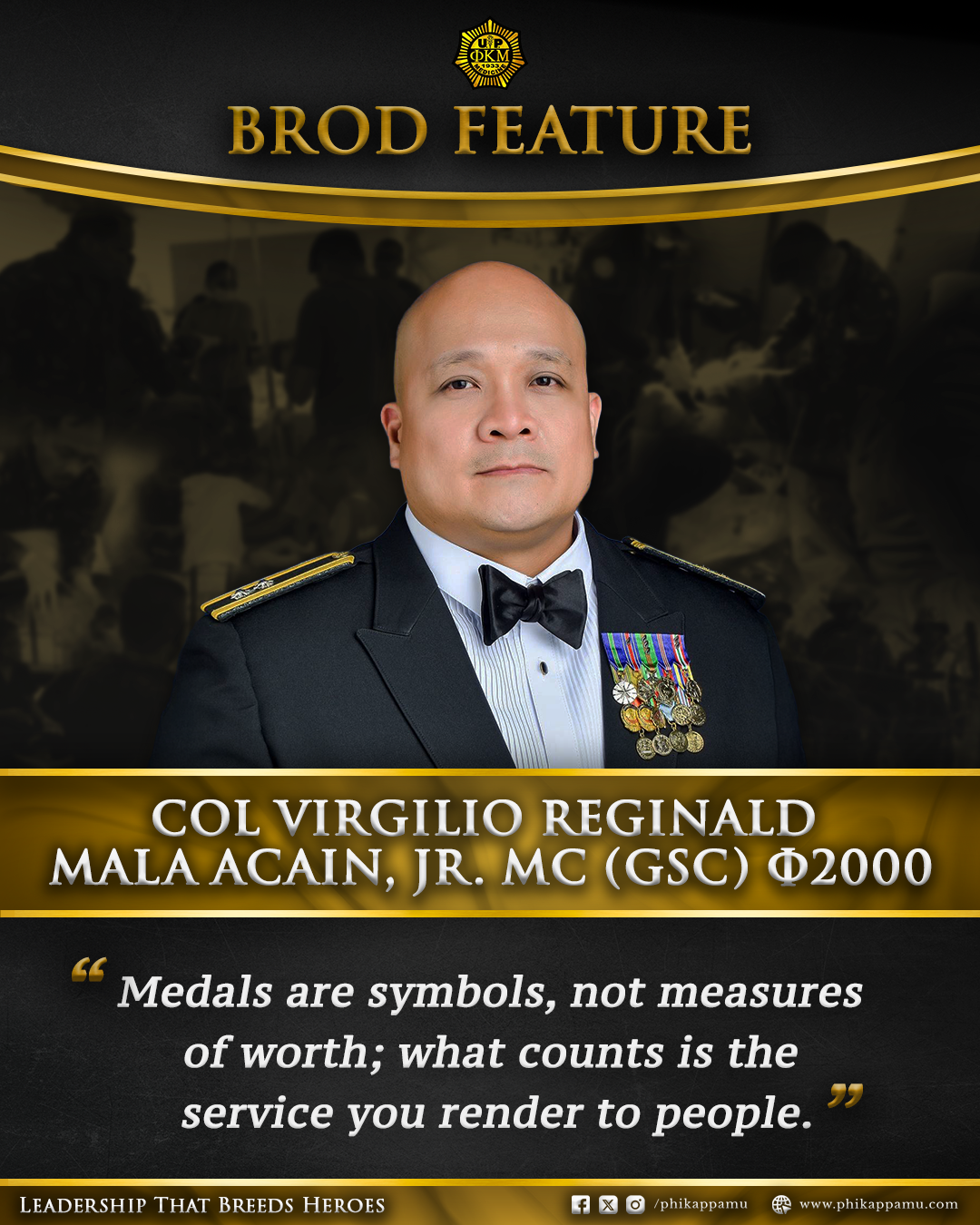Write-up by: Paulo Louis Martinez De Perio Φ2025 | Edited by: Earl Jerald Fadriquela Cansino Φ2024
The hospital walls quivered with each explosion from the city beyond. Patients streamed in, international and local soldiers, civilians, sometimes both, their wounds carried on stretchers, their stories written in blood and dust. At the center of this chaos stood Col. Virgilio “Virg” Mala Acain Jr. Φ2000, physician and officer-in-uniform, whose calm hands stitched and drilled together bodies while his presence steadied those around him. In that fragile space between destruction and survival, he lived the dual life he had chosen: soldier and healer, doctor and defender.

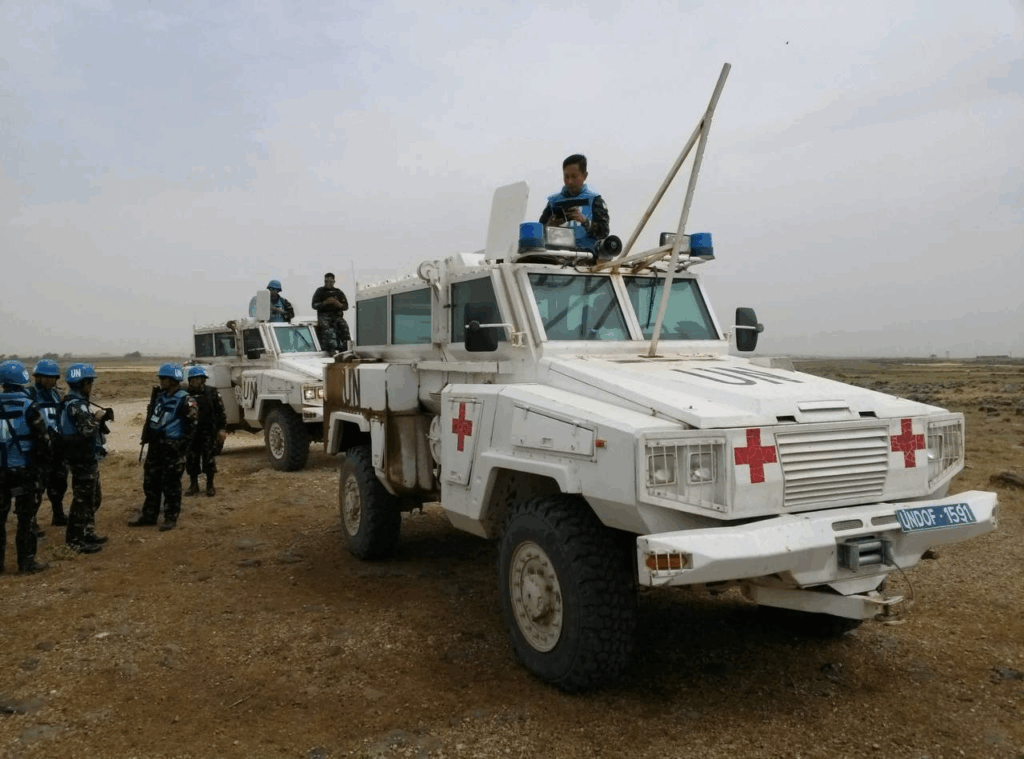
That duality had been part of Brod Virg from the beginning. As a high school student, he dreamed not of comfort or convention, but of extremes, either a military surgeon or a fighter pilot. Science was his first language, mathematics his playground, discipline his compass. At Ateneo de Manila, he honed his foundation in Biology, then pursued medicine at the University of the Philippines with an Armed Forces scholarship. It was a decision that sealed his future in two demanding worlds: the rigors of medical training and the unyielding discipline of military service.

In the early years, Brod Virg served as a young captain in Zamboanga, rotating through Basilan and Jolo, where medicine was unpredictable and unforgiving. The lessons were harsh: injuries from conflict, emergencies with no warning, decisions that could not wait. Orthopedic training in the AFP followed, a grueling five-year crucible that prepared Brod Virg for the staggering caseloads of war wounds. He later became part of forward surgical teams, moving with infantry units and operating close to the frontlines. By 2021, he had risen to Commanding Officer of the hospital of the newly established 11th Infantry Division.

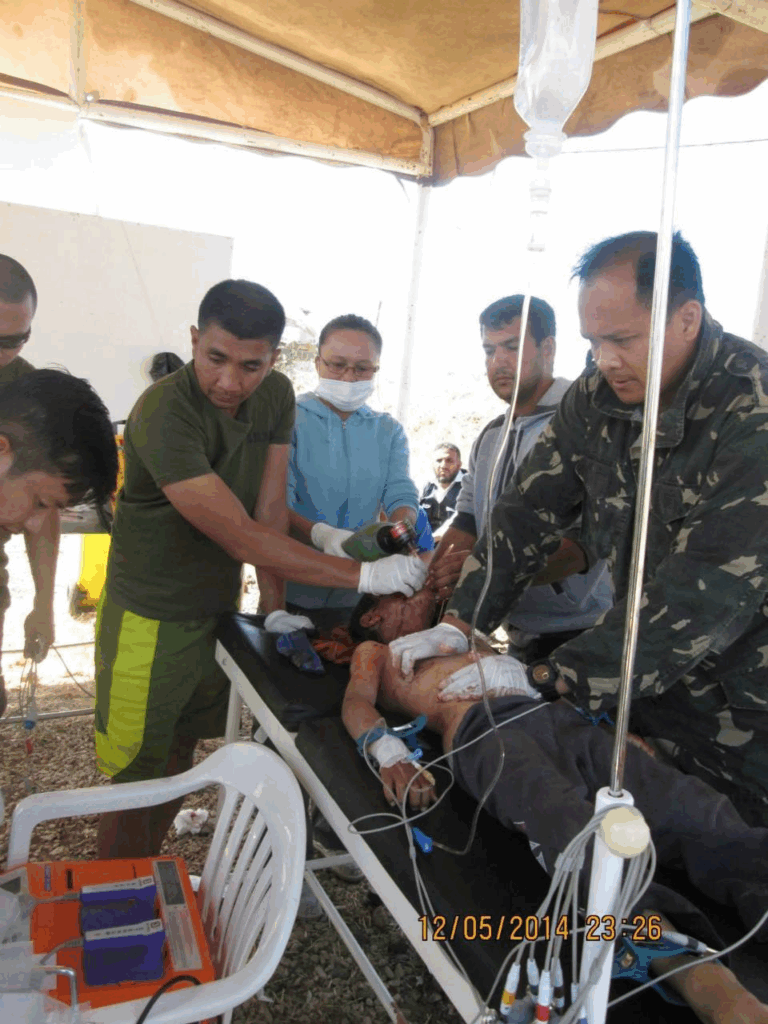
His journey would soon take him far beyond Philippine soil. Under the United Nations flag, he was deployed to the Golan Heights in Syria, as part of the last Philippine battalion to hold the line there.
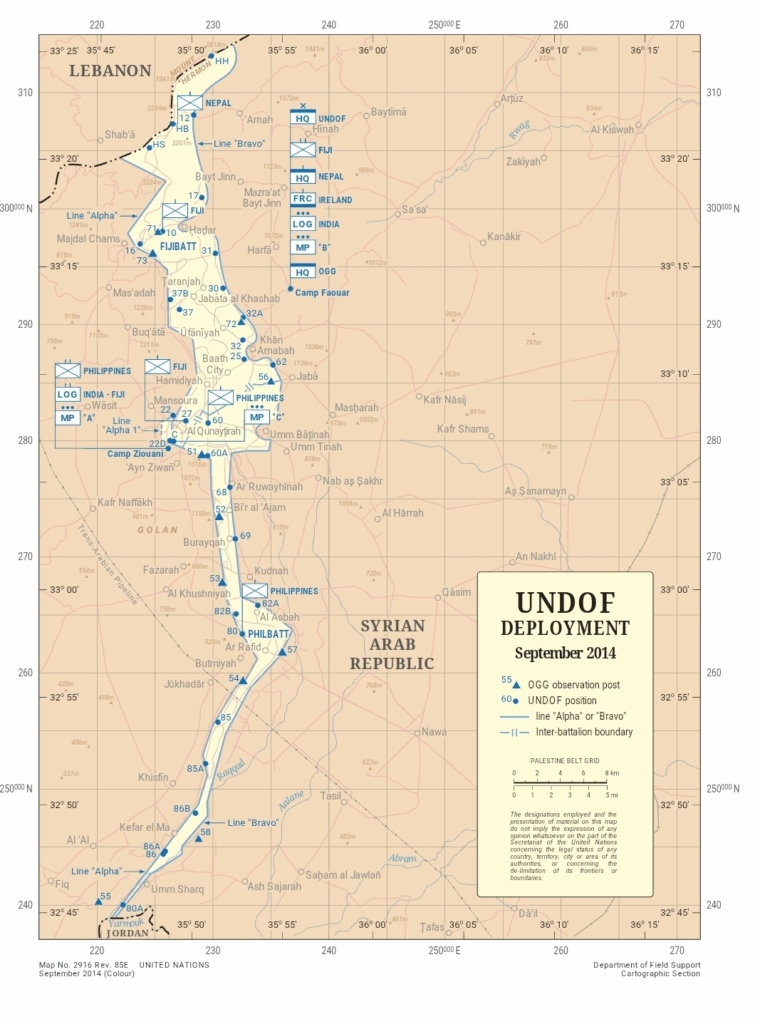
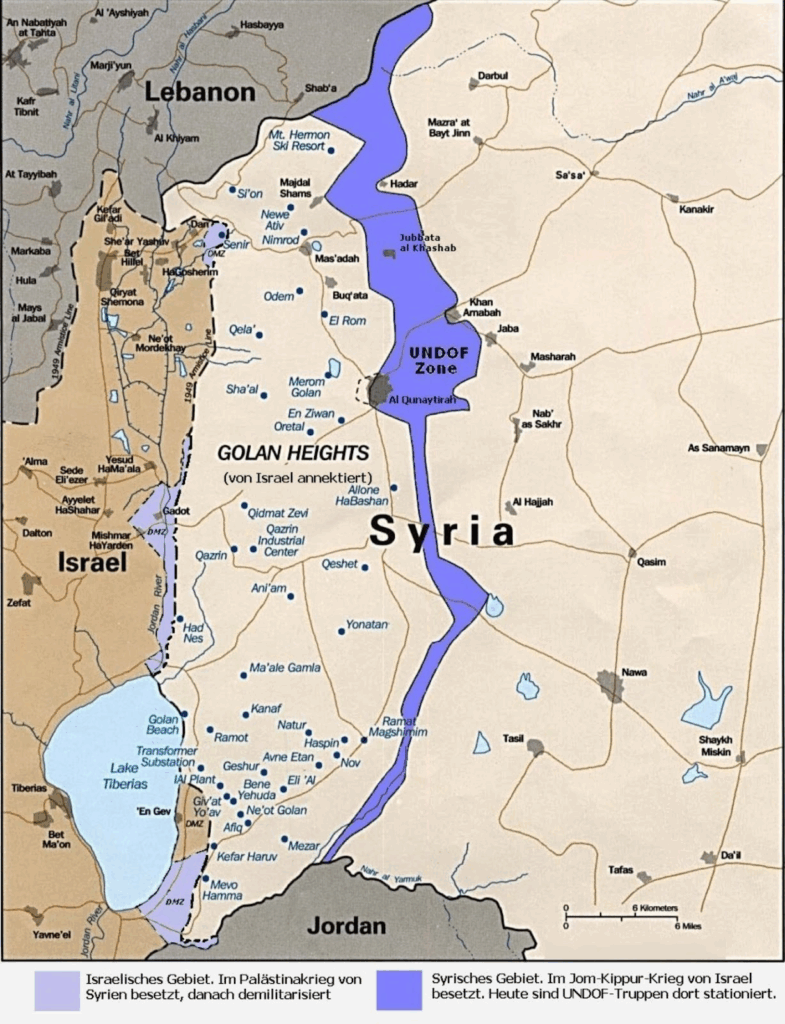
The military map from 2014 captures just how far and isolated his unit was from the main UNDOF body. The 2nd Tamaraw Company of the 80th Infantry “Steadfast” Battalion held the distinction of being the only UNDOF camp outside the border, at Position 80, after all UNDOF positions in the Southern Golan Heights were overrun by Syrian rebels. Remarkably, Position 80 was never breached by Jabhat al-Nusra or Syrian rebels. With 333 personnel, the 80th “Steadfast” Infantry Battalion formed the backbone of the 7th Philippine Contigent to Golan Heights, the last Philippine contingent to serve in the Golan Heights.
As the commanding medical officer of the only UN hospital outside the walls, he bore responsibility for thousands of refugees within a 20-mile radius. Every day was a test of judgment, to open the gate was to open the camp to danger, never knowing if the person seeking care was a patient or a threat. The work was unrelenting, the risks constant, but he never wavered. “I was less afraid of dying,” he recalls, “than of losing the ability to practice medicine. To lose an arm, a leg, or an eye, that would have taken away the very reason I was there.”
The risks did not diminish his resolve. In Jolo, he managed complex injury cases that would challenge even the most seasoned emergency physicians. In Syria, he treated both soldiers and civilians, balancing the strictness of orders with the compassion of a healer. His work earned him multiple awards, including the Combat Kagitingan Badge, Philippine Ambassador to Israel Commendation, UNDOF Force Commander ‘s Commendation, 2014 UN Peacekeeper of the Year Award, the AFP Chief of Staff Medal, and the Gawad sa Kaunlaran Medal, the latter awarded at just 30 years old, making him one of the youngest to receive it. Still, he waves off the recognition. “Medals are symbols, not measures of worth; what counts is the service you render to people.”
That humility defines how he views his service, whether abroad or at home. For Brod Virg, wearing the UN insignia was not just about medicine but about representing Philippine values on the world stage. “In a small overseas hospital, your actions can carry international consequences. You are not just yourself; you are your country, your people.”
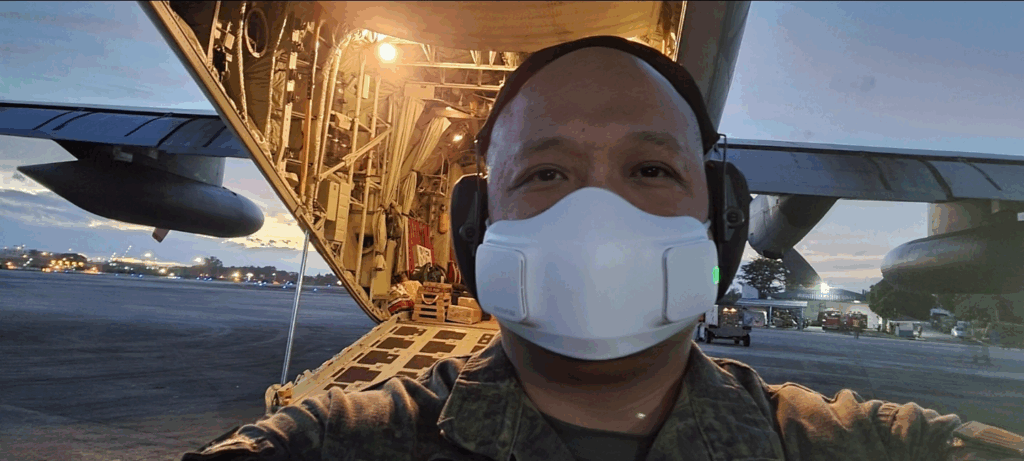
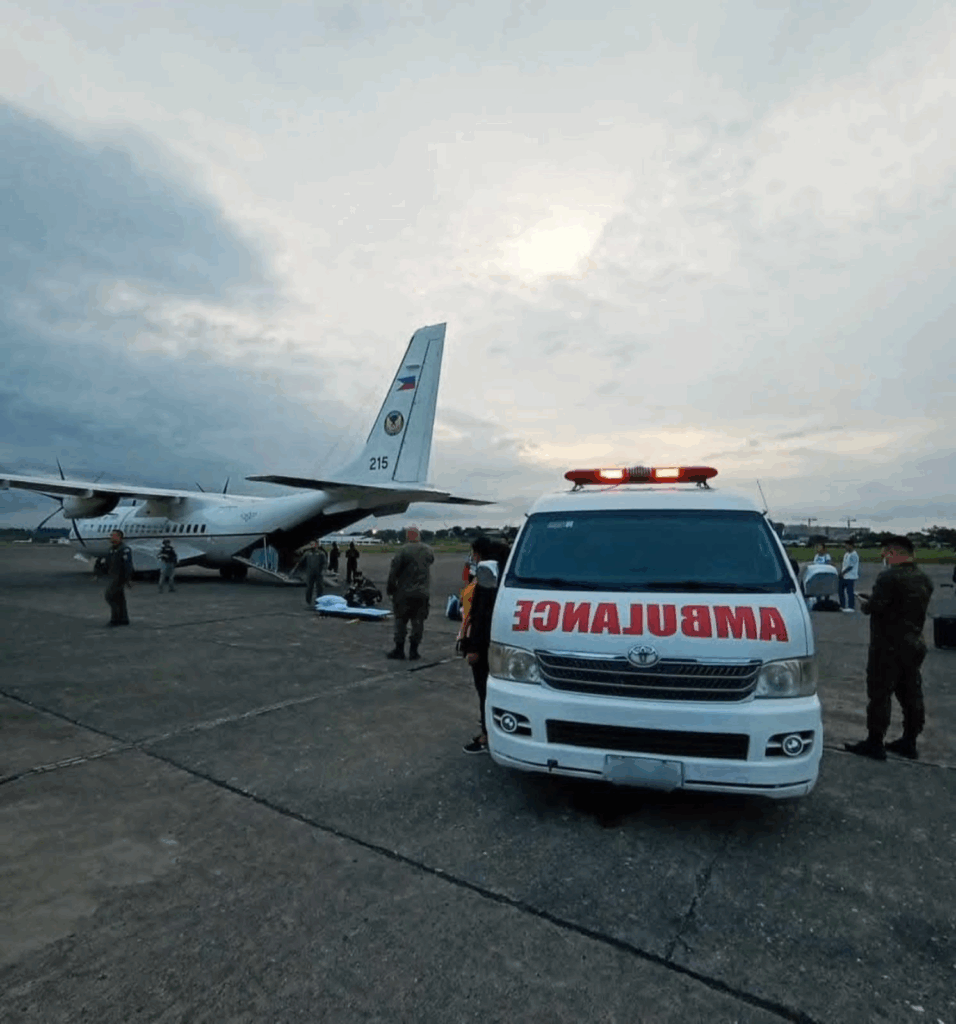
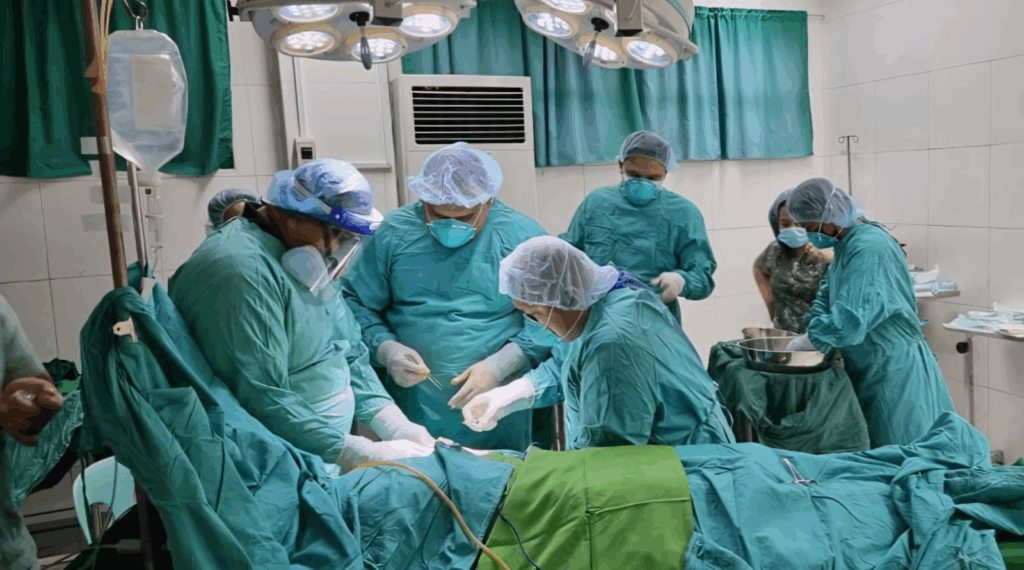
That same sense of duty carried into his role at Camp General Teodulfo Bautista Station Hospital (CGTBSH) in Jolo. In July 2021, when a C-130 aircraft tragically crashed, he and Brod Julian Que Arguilla Φ2013, then the flight surgeon, received 49 survivors into their care. At the height of the COVID-19 pandemic, CGTBSH also led the vaccination drive for nearly 10,000 personnel, dependents, and authorized civilians of the 11th Infantry “Alakdan” Division. Despite the vast and difficult terrain of Sulu, the hospital achieved one of the highest vaccination rates in the AFP, a testament to public health commitment, strategic leadership, and collaborative coordination.
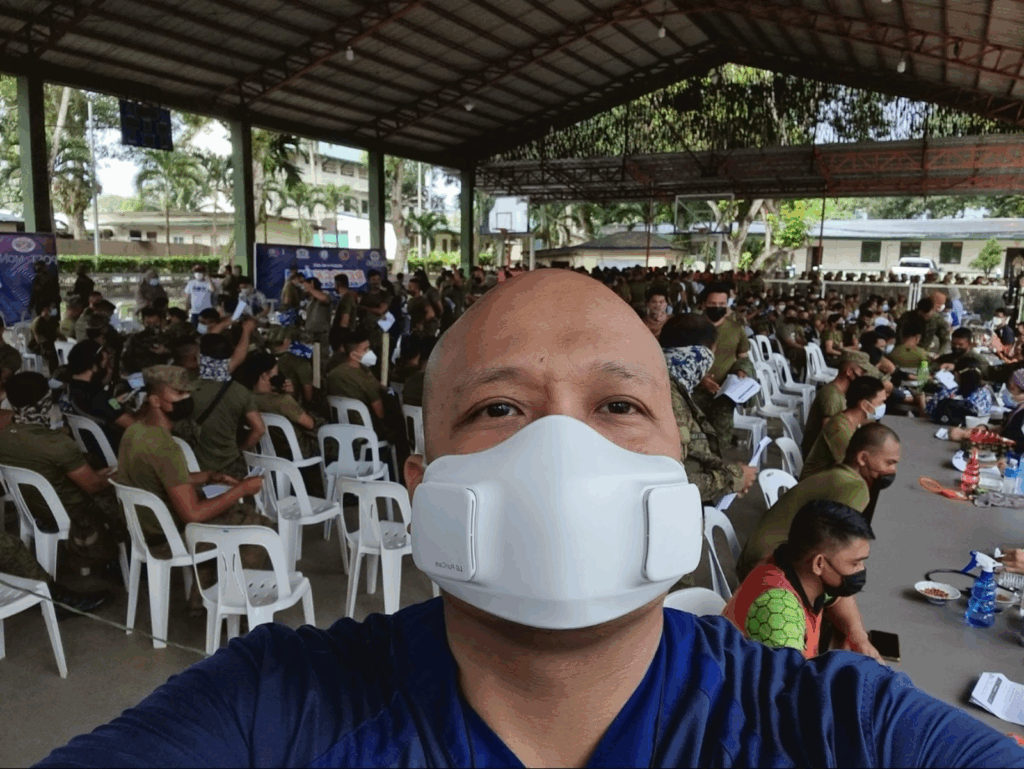
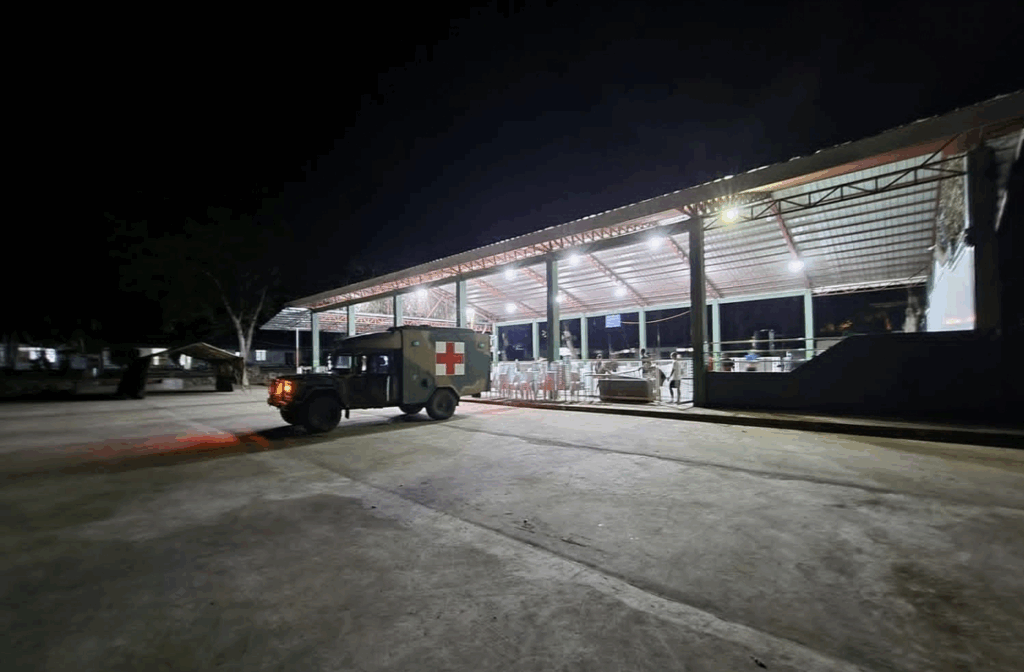
It is also why Phi mattered to Brod Virg. Joining the Most Venerable Fold was a search for mentors and brotherhood, for a community that would guide him in uncertain terrain. He found in Phi the same values that shaped him as an officer: academic rigor, integrity, and the courage to hold one another accountable. “In Phi, a professor, who is your brod will still fail you, if you deserve it. In the military, competence is non-negotiable. Both worlds demand nothing less than your best. In both, success is never granted by privilege but earned through discipline and merit. What he values most is Phi’s tradition of mentorship, seniors guiding juniors not by sparing them from failure, but by refining them through it. It is this union of excellence, integrity, and brotherhood that he carries into every battle and every operating room.
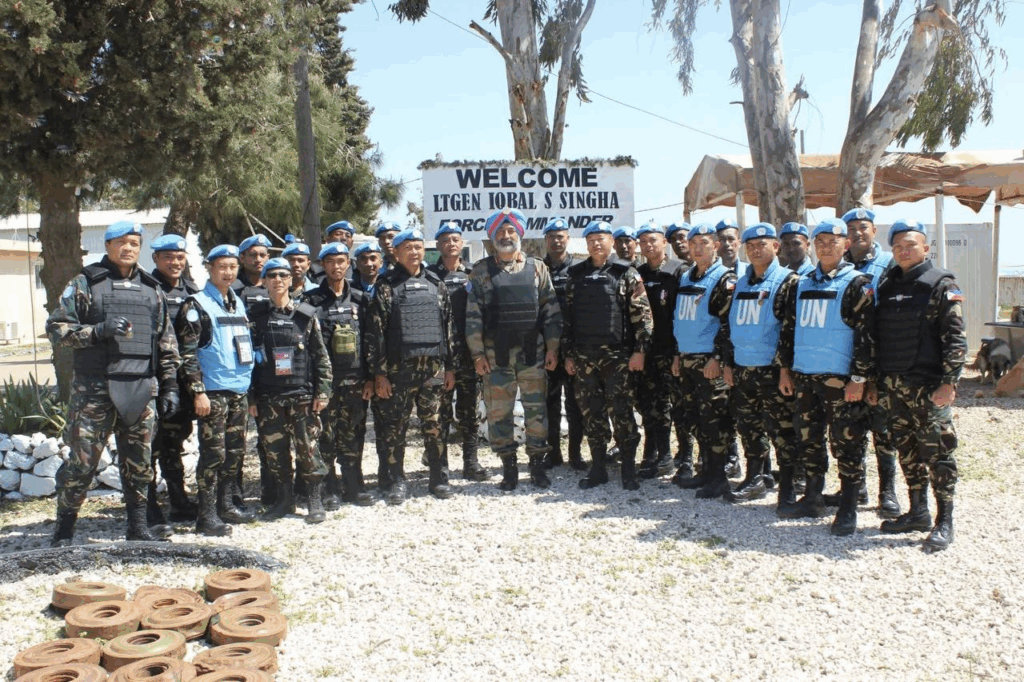
As a leader, Brod Virg embodies that same balance. Managing a military hospital means commanding authority while honoring collaboration. Doctors are strong-willed and exacting, but he believes respect must be earned through competence and consistency. His leadership is firm yet empathetic, disciplined yet humane. “In both surgery and the military, hierarchy exists for a reason. Without order, there can be no healing.” For Brod Virg, this hierarchy is not about power, but about trust and coordination, knowing that in moments of crisis, everyone has a role and every voice matters in its place. In the operating room as on the battlefield, structure ensures that decisions are clear, actions are precise, and lives are protected.
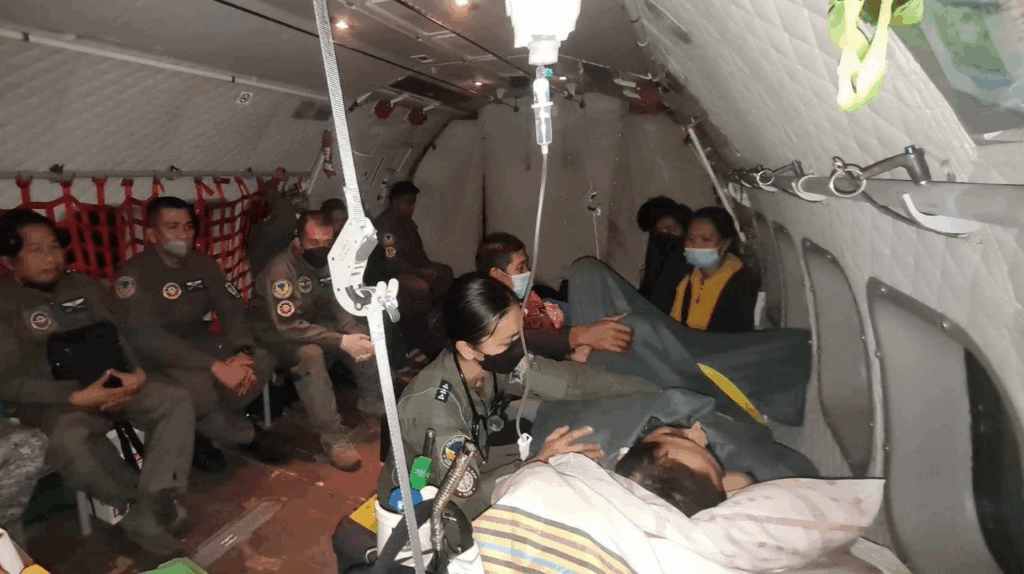
Conflict has shown Brod Virg humanity at its rawest, its cruelty and its courage, its despair and its resilience. It has taught him composure under pressure, a skill he believes young medical students must cultivate to survive the crucible of training. His advice is simple but exacting: be strategic about life, maintain discipline, and plan early. “Don’t be here for money, comfort, or prestige. Be here for the right reasons.”
Yet, amid the trials of war and medicine, there are also moments of joy. In September 2025, at Camp Panacan Station Hospital in Davao City, he and his colleagues gathered for a boodle fight in celebration of their birthdays, a lighthearted respite from the intensity of their daily duties.
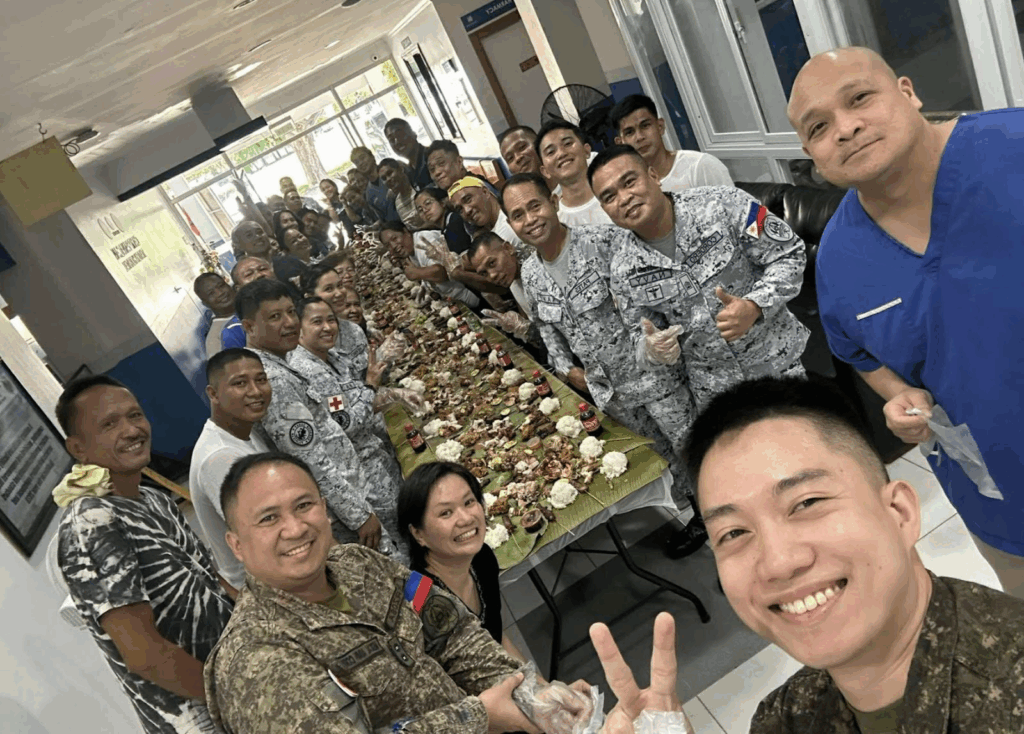
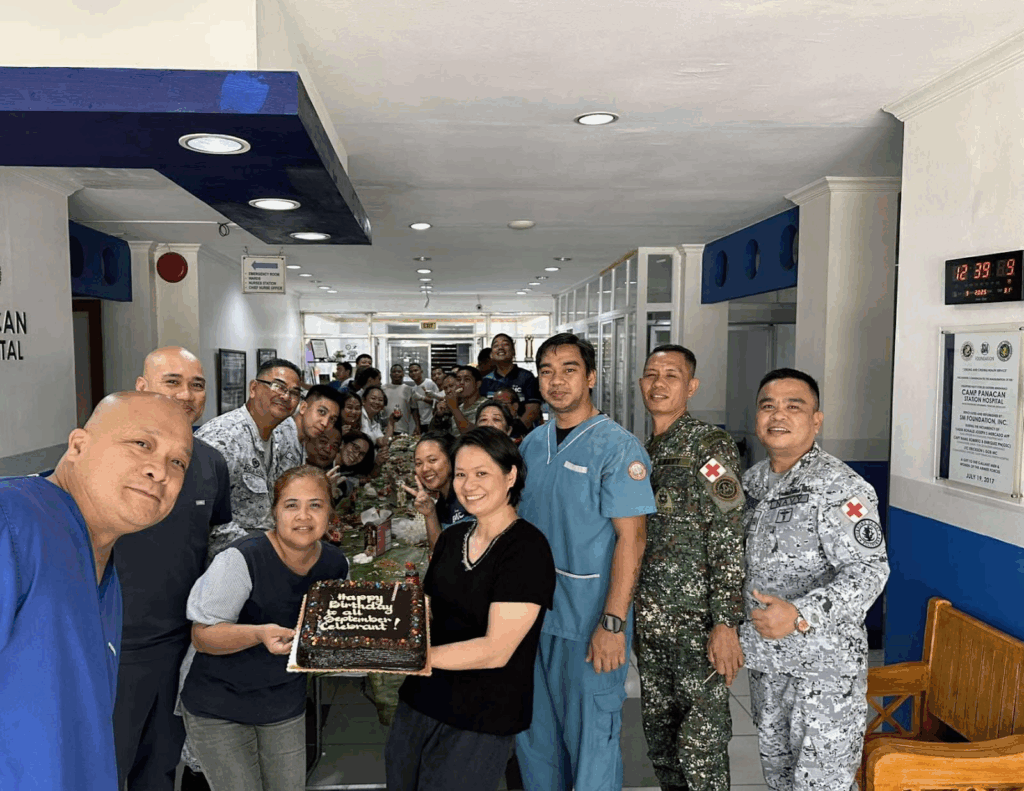
Equally unforgettable was December 2021 at CTBSH in Jolo, when Brod Virg’s combat medics lovingly crafted seven-pointed sunburst parol for Christmas. During its making, he was reminded of the long and lasting brotherhood of the Phi Kappa Mu, bonds that endure even when far away from his brothers, shining as symbols of resilience, unity, and hope in distant lands.
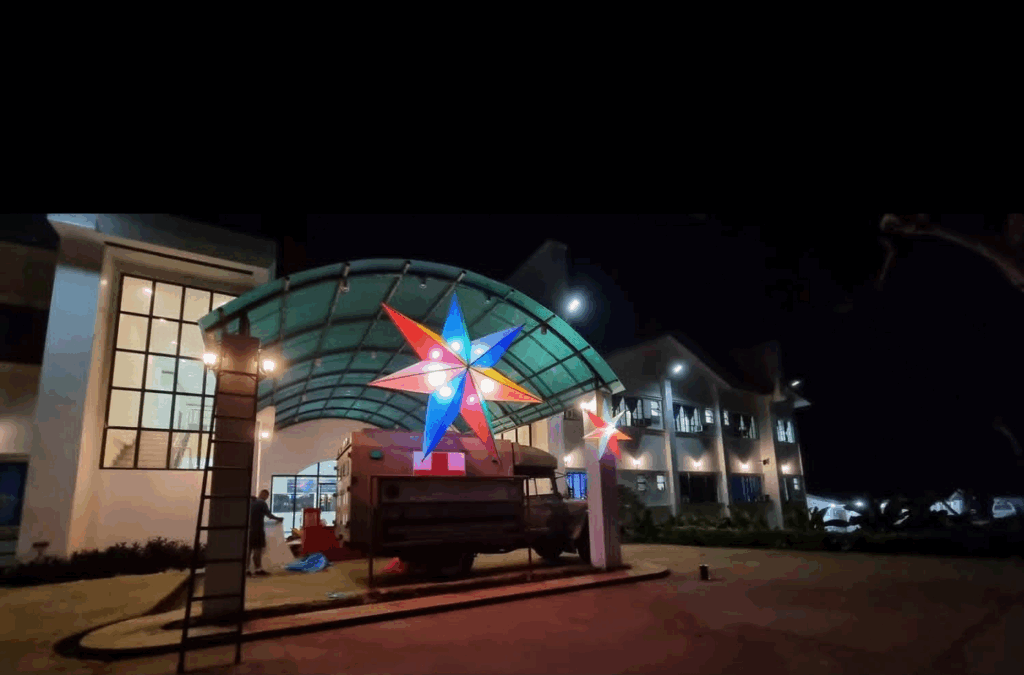
Moments like these speak of legacy, but ask him about it and he brushes the thought aside. ‘Legacy is something people decide for you when you’re gone. For now, I just want to serve with an untainted reputation as an officer.’
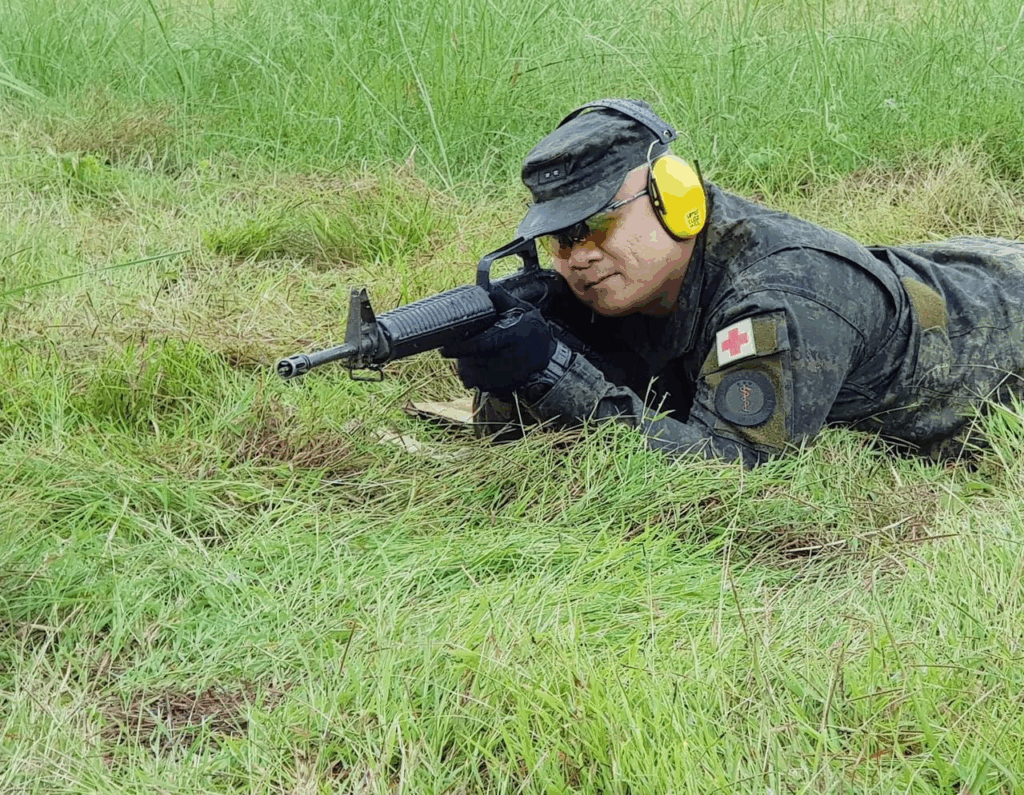
Until then, Col. Virgilio Reginald Mala Acain Jr. Φ2000 continues to serve where few dare to stand, at the crossroads of soldier and physician, where healing and heroism are bound by the same pair of hands.

